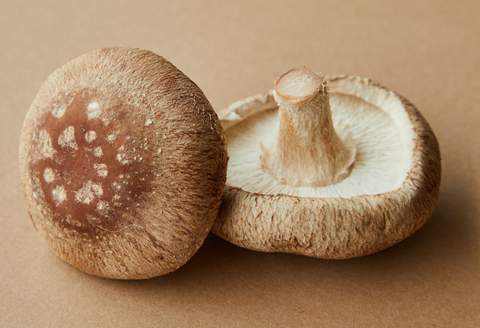I love cooking with mushrooms. They are a fungus and a favorite of many kitchens around the world. According to the US Department of Agriculture, over 97% of the mushrooms produced in the US are the bottom mushrooms, portobello, and crimini mushrooms. About 87 percent of all mushrooms are grown in California and Pennsylvania.
Mushrooms are very high in B complex Vitamins. Oyster mushrooms, for example, contain all B vitamins except vitamin B12. Shiitake mushrooms have elevated levels of Vitamin B12. Someone on a plant-based diet and lifestyle can benefit from eating that type of mushroom as a great source of vitamin B12.
Consuming 50g of shitake mushrooms will meet your daily requirements of vitamin B12. Vitamin B12 is water-soluble and essential in myelination. The process in which glial cells (non-neuronal cells which do not produce electrical impulses ) construct a membraneous sheath or insulation surrounding the axons of the neurons, optimizing the function of the central nervous system.
Lack of sufficient vitamin B12 may develop a deficiency known as cobalamin. Some of the symptoms of the deficiency include;
- Tingling
- Numbness
- Anemia
- Breathlessness
- Fatigue
- Memory issues
So next time you’re wondering what to add to that favorite stew or salad, add a handful of mushrooms. Check out our recipe sections for new recipes on mushrooms.
Sources:
https://www.sciencedirect.com/topics/medicine-and-dentistry/myelination
https://ods.od.nih.gov/factsheets/VitaminB12-HealthProfessional/
https://www.ers.usda.gov/data-products/chart-gallery/gallery/chart-detail/?chartId=85803
https://en.wikipedia.org/wiki/Glia
https://en.wikipedia.org/wiki/Vitamin_B12_deficiency
https://www.visiblebody.com/learn/nervous/glossary

Farrah was born on the Nature Isle of the Caribbean, Dominica. An island, known for its rich biodiversity, cultural heritage, and extensive centenarian population. Dominica instilled in her a respect for nature, the environment, and the power of healthy living. It is apparent why she became an Environmental Scientist. After much success in her industry, Farrah found a growing need for community-based health education and founded Gaia’s Essence, a lifestyle company for women. Over the years, she has partnered with Fortune 500 companies like; Whole Foods Market, Disney, and OWN. She is the Editor in Chief of Gaia’s Essence Magazine, the producer of the New Year New You Summit, the Gaia’s Essence Women’s Wellness Conference, host of the Beast Mamas podcast, and founder of the Gaia’s Essence Network.
She lives in California with her husband and her two children.


